Biopolyamides from Waste Oil 01-10-2021 - Arhive
Biopolyamides from Waste Oil
Crude Oil Prices Trend
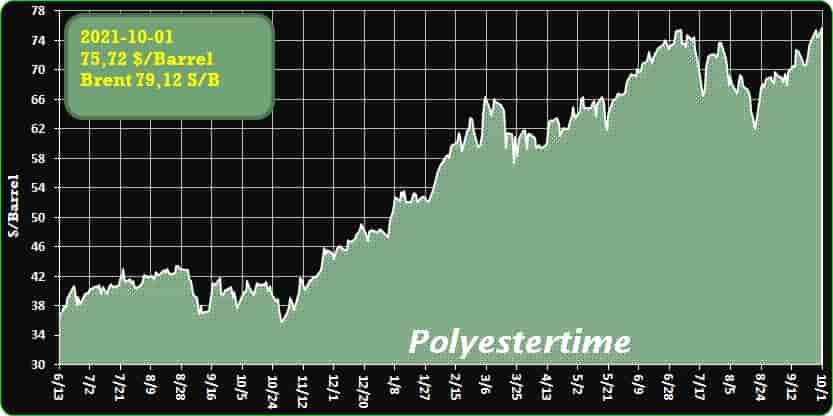
-Producing apparel from waste oil
A challenge taken on by RadiciGroup through the Ulysses research project
A pioneering objective: for the first time, to demonstrate the feasibility of industrial-scale production of polyamides (nylon) starting from bio adipic acid obtained from renewable raw materials, including waste oil and by-products of the oil industry. Potential application sectors for the process and products are textile/fashion, automotive, design, electrical and electronics.
This major sustainability-and-circularity-oriented goal has been achieved by RadiciGroup, an Italian multinational headquartered in Bergamo, a world-leading producer of a wide range of chemical intermediates, polymers, high performance engineering polymers and advanced textile solutions. The research was conducted through the Ulysses project and experimentation was performed in collaboration with research centres and universities. Partial funding was received from the Region of Piedmont, within the scope of the “Call for Proposals IR2 (Industrialization of research results)”.
The ambitious, innovative multiyear project was launched in March 2018 and stemmed from RadiciGroup’s desire to increase the sustainability of its products, whilst delivering the same quality and performance as required by product standards. What is more, the Group wanted to meet the demand coming from its various strategic sectors, in line with the European targets for the development of low-emission businesses and a circular economy.
The funding amounted to EUR 6.2 million, of which EUR 1.7 million was contributed as a grant by the Piedmont Region. This investment confirms RadiciGroup’s great commitment to scientific research, which is strongly supported by the Group’s shareholders.
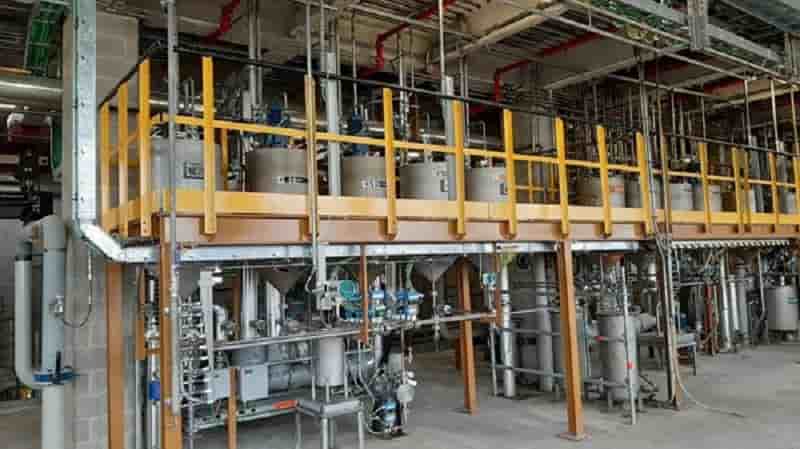
-Is PET bottle manufacturing profitable?
Polyethylene Terephthalate is a thermoplastic polymer that can be opaque or transparent depending on the particular material composition. PET, like other polymers, is made from petroleum hydrocarbons by a reaction of ethylene glycol and terephthalic acid. The PET is polymerized to form long molecular chains, allowing it to make PET bottles later on. Biopolyamides from Waste Oil
What do you understand by polymerization, and why is it important?
Polymerization is a complex process that accounts for many of the differences between batches of produced PET. During polymerization, two types of contaminants are often produced: diethylene glycol and acetaldehyde. Although diethylene glycol is not typically generated in sufficient quantities to damage PET, acetaldehyde can be formed during polymerization and the bottle production process. A high concentration of acetaldehyde in the PET used to make bottles might give the beverage inside an off-taste.
The PET bottle manufacturing process may begin after the plastic has been produced. To guarantee that the plastic is safe for usage, several post-manufacturing tests are performed to confirm that the bottles are not permeable to carbon dioxide (which is essential for bottles that carry soda). Transparency, gloss, shatter resistance, thickness, and pressure resistance are all carefully checked.
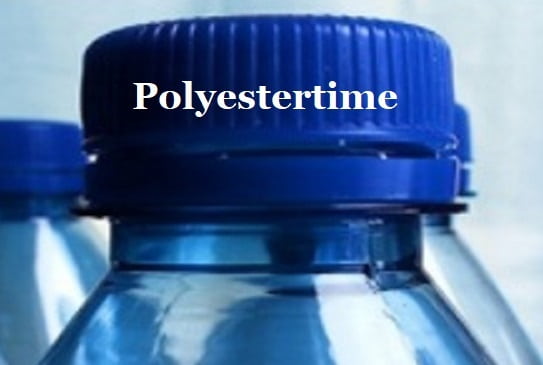
-RecyClass publishes sorting protocol for plastic packaging
‘Sorting Evaluation Protocol for Plastic Packaging’ is a Standard Practice that is geared at evaluating the behaviour of a plastic product during the sorting process in Europe.
Destined to any company that would like to analyse the sortability of its innovative packaging, in line with design for recycling principles.
Recyclability must be verified at every step of a recycling process and assessing plastic packaging’s sortability plays an important role in claiming whether and to what extent a product is recyclable. Following the definition of recyclability, a plastic product can be considered recyclable not only if it is collected, recycled in a commercially available process, used in the manufacture of new products but also when it is sorted into an aggregated stream.
“A holistic approach to recyclability is necessary if we are to make it happen in Europe by 2030”, said Vincent Mooij, Director at SUEZ.circpack®. Martine Brandsma, Director of NTCP added: “The ‘Sorting Protocol for Plastic Packaging’ complements the Recyclability Evaluation Protocols”, she continued “Sharing and implementing best practices and standards in the collection and sorting as well as harmonising them across Europe must follow now if we are to move the needle on design for recycling further.” Biopolyamides from Waste Oil
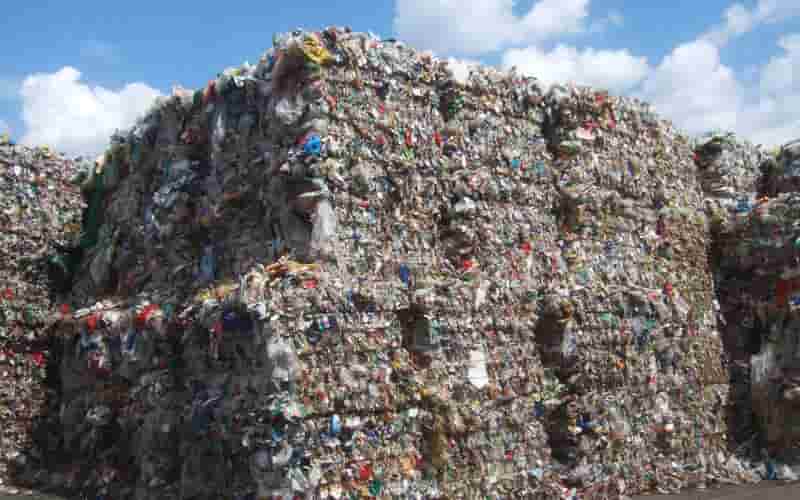
-The future of Rigid Packaging Technologies – SACMI at Fispal 2021
The 35th edition of the fair, this year to be held on-line, will see the SACMI Rigid Packaging Technologies business play a pivotal role. The ever-more comprehensive technological range focuses on advanced controls, sustainability and new multi-line, multi-material solutions. Biopolyamides from Waste Oil
Fispal 2021, the 35th edition of the fair, is going online. And playing a key role on this ‘virtual event platform’ (4-8 October 2021) will be the comprehensive solutions showcased by Rigid Packaging Technologies.
Complete metal cap solutions
Over 95% of the world’s crown caps are produced with SACMI machines. Markets are showing ever-greater interest in metal closures, which has led SACMI to invest heavily in this long-standing business: from the development of complete lines for the production of ROPP caps, ring-pulls and twist offs with PVC-free liners to the new MASC (multi component aluminum SACMI Caps) lines, a solution that provides outstanding quality and user-friendliness.
Continuous Compression Molding 4.0
With over 2,000 solutions sold worldwide in 91 countries – around 300 in Brazil – SACMI leads the way in the production of one-piece caps with compression technology. High productivity and low energy/raw material consumption are the hallmarks of this technology, which SACMI has developed further in 2021 with the introduction of cutting-edge sensors and 4.0 controls.
New standards, new possibilities
With over 1,000 cap designs developed for customers around the world, SACMI is the number one developer of integrated neck-cap solutions. This year has also seen SACMI work on the development of new lightweight-focused standards and dedicated solutions for customers looking to invest in the new tethered standard.
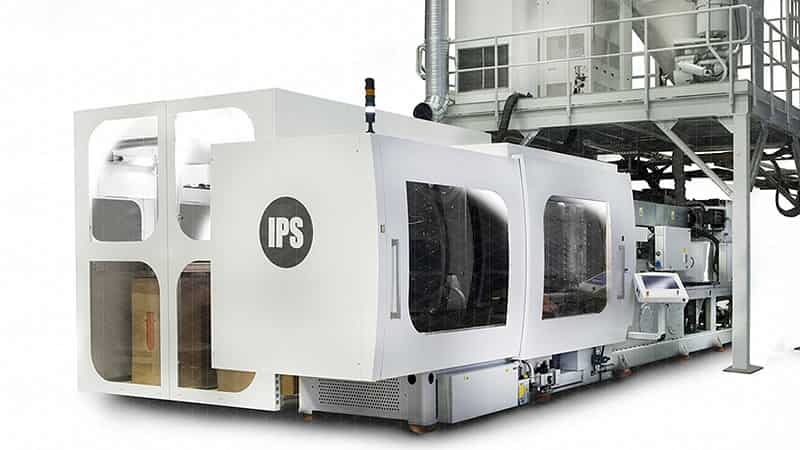
-Carbios launches industrial demonstration plant in France
The industrial demonstration plant will apply Carbios’ C-Zyme recycling process to depolymerize PET. Biopolyamides from Waste Oil
Carbios, a plastic recycling technology provider based in France, has officially launched its industrial demonstration plant operating with its enzymatic recycling technology that the company is calling C-Zyme. The demonstration plant was installed at Carbios’ Cataroux site in Clermont-Ferrand.
Carbios’ C-Zyme recycling process uses an enzyme capable of depolymerizing polyethylene terephthalate (PET). The depolymerized monomers are purified before being repolymerized into PET of comparable quality to virgin PET derived from petrochemicals. The company says this process should enable unlimited recycling of PET as well as the production of 100 percent recycled and 100 percent recyclable PET products that maintain virgin quality throughout the process.
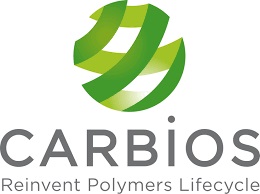
-FILA to launch shoes made with recycled materials
FILA, a Seoul-based global apparel brand, will release eco-friendly shoes made with recycled materials.
Recycled materials are widely used by South Korean apparel makers. K-pop band BTS gained public attention in September 2021 while delivering an inspirational speech at the 76th United Nations General Assembly for wearing “RE;CODE,” a suit made with recycled fabric. The suit was produced by Kolon FnC, a fashion and lifestyle wing of South Korea’s fabric maker Kolon Group. Biopolyamides from Waste Oil
FILA said in a statement on September 29 that its new model called “Earth Touch” by applying various environmentally-friendly products such as recycled cork and biodegradable waterproof paper. Some models used up to 85 percent recycled materials for synthetic leather that covers the upper part. Packaging materials such as shoe boxes and product tags used 100 percent recycled paper.

-Teknor Apex completed new compounds plant in Germany
US thermoplastic compounds company Teknor Apex has completed a new 50,000 square-metre facility at Rothenburg ob der Tauber, southeast of Frankfurt, Germany, to produce thermoplastic elastomers (TPEs) and engineering thermoplastics (ETPs) compounds, said the company. Biopolyamides from Waste Oil
The Rothenburg facility produces thermoplastic elastomers (TPEs) and engineering thermoplastics (ETPs), ranging from general-purpose compounds to highly specialized formulations. An extensive laboratory will be used for developing new compounds and providing customers with design support, application development, as well as product and process training.
The new facility was built with a strong focus on environment sustainability and holds certification for ISO 14001– Environmental Management and ISO 50001– Energy Management. The plant utilizes LED lights, a closed loop water system, heat recovery systems with heat pumps to support it, and meets the highest requirement in heat insulation of the building.
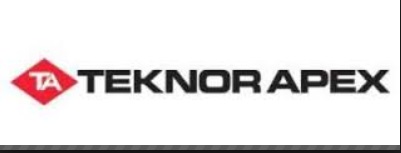
-Evonik Tackles High-Voltage Battery Demand in EVs
New Vestamid polyamide 12 compound offers highest fire protection for busbars at 1000 V and more.
Evonik is expanding its portfolio of polyamide 12 compounds for insulating electrical conductors with Vestamid LX9050 OR. By using halogen-free flame retardants in accordance with IEC 60754, the compound meets the requirements for V-0 flammability classification according to UL 94. Busbars insulated with the new RAL 2003 signal orange-colored material can be used at elevated operating temperatures up to 125°C. Biopolyamides from Waste Oil
In the future, busbars made of copper or aluminum in high-voltage batteries of electric or partially electric vehicles will require even safer protection against electrical breakdowns at 1000 V and above and the associated risk of fire. Evonik has developed the new Vestamid LX9050 OR polyamide 12 compound with halogen-free fire protection additives to achieve the highest possible fire resistance with flammability class V-0. A coating thickness of 0.5 to 0.7 mm meets the insulation requirements of e-mobility for busbar profiles from 30 to about 150 mm2. The RAL 2003 orange signal color indicates permanently and at first glance the high-voltage application.

-UFlex teams up with Hoffer Plastics and Mespack to launch recyclable mono-polymer hot-fill pouches
To be showcased at Flex Films Booth N-9115, Live demo at Pack Expo 2021 in Las Vegas
UFlex has partnered with Mespack and Hoffer Plastics to develop a sustainable solution that will ease out the complexities of recycling attached with hot-fill pouches. To address the issue of full recyclability of pouches, the three have jointly developed a solution that not just enables 100 per cent recyclability of hot-fill pouches with its new mono-polymer structure, but also the spout caps thus bringing many ecologically responsible brands closer to reaching their sustainability goals, the companies said in a joint statement. Biopolyamides from Waste Oil
The statement mentioned that the newly-designed recycle-ready single material PP-based hot-fill pouch combines the strength of OPP and CPP-layered laminate structure designed by UFlex offering enhanced barrier properties, easy heat seal-ability and longer shelf life for unrefrigerated food storage; sealed with patented closures from Hoffer Plastics in the form of tamper-evident strong seal spout caps; and produced with mechanical integrity of Mespack HF-series fill and seal machine that allows efficient fill through the spout of pre-made pouches. The new design offers 100 per cent easy recyclability of the laminate and spout cap as well within the existing PP recycling streams and infrastructures. These pouches manufactured at UFlex India plant will be exported to American markets and will be majorly used for packing edible products such as baby food, food puree, pet food, etc.
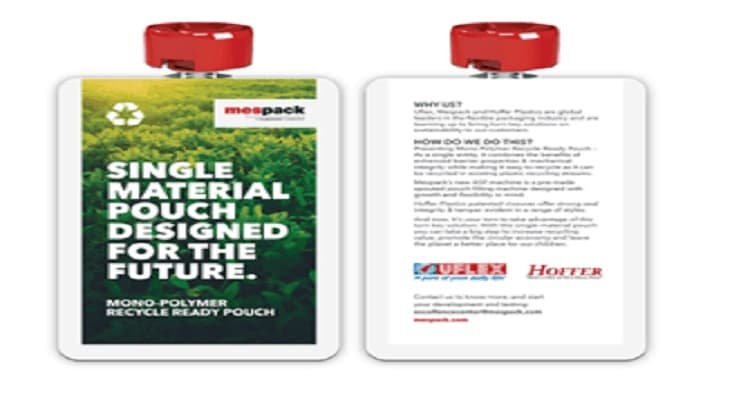
-Direct-spun PSF dragged despite strong upstream market
Direct-spun PSF suffers losses again due to less increase than PTA
The reasons behind the robust PTA are rising crude oil and tight supply brought on by advanced maintenance. The PX-PTA spread has also improved moderately.
However, there is a different picture in downstream. The sales of polyester yarn are modest. The prices in Fujian and Jiangxi have increased along with PSF, but in Jiangsu, Zhejiang and northern China, the prices stay flat. As a result, the cash flow of polyester yarn gets compressed. Biopolyamides from Waste Oil
In terms of different products, the cash flow of pure polyester yarn is not reduced much due to small increase in PSF, but that of polyester/cotton yarn has lost much ground due to sharp rise of cotton. It is also reflected in the sales of polyester yarn. The yarn containing more PSF was sold better than that with more cotton, let alone cotton yarn which has been suffered losses.
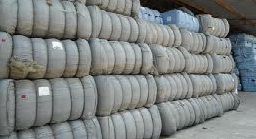
Biopolyamides from Waste Oil
